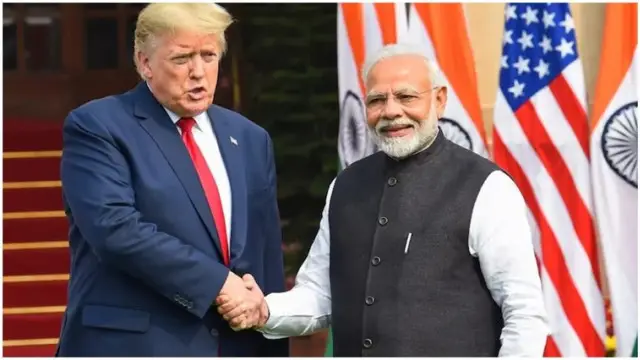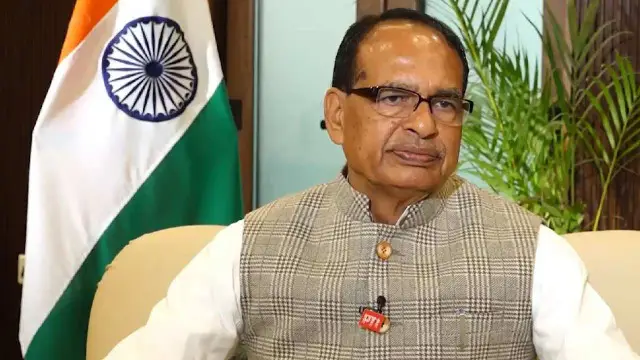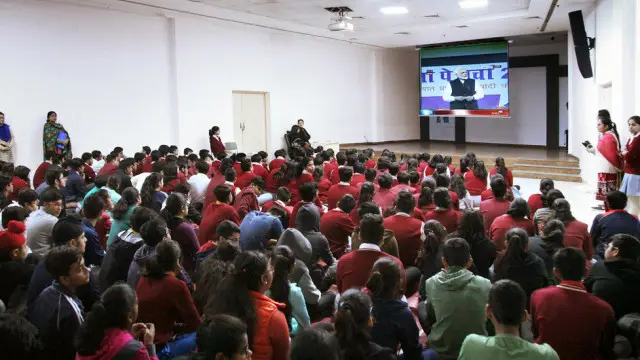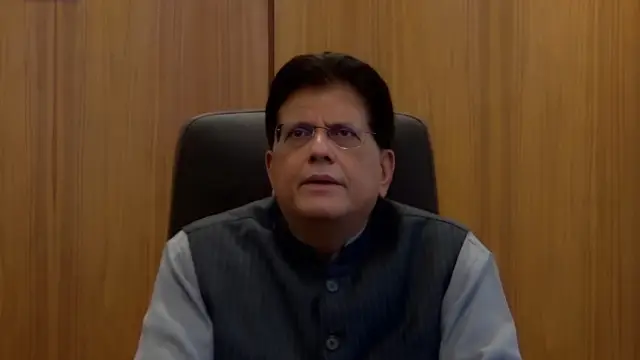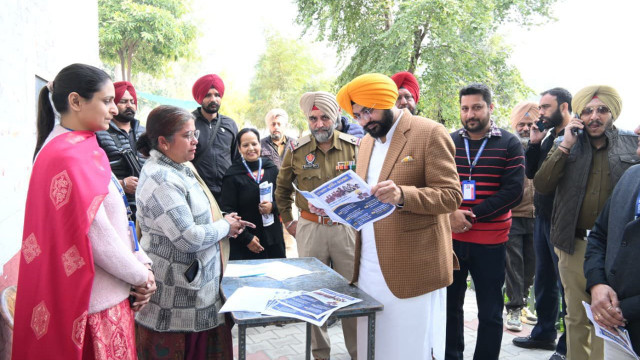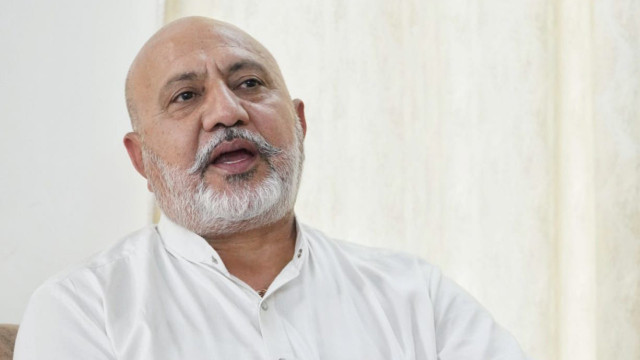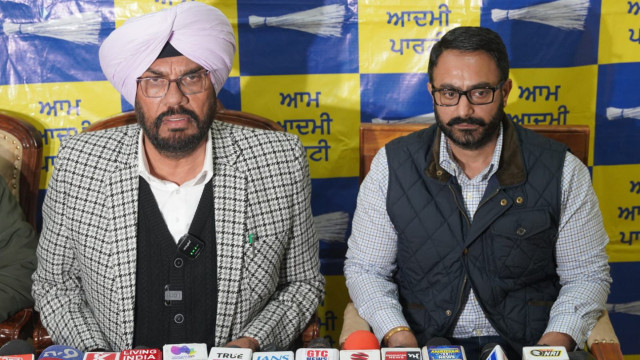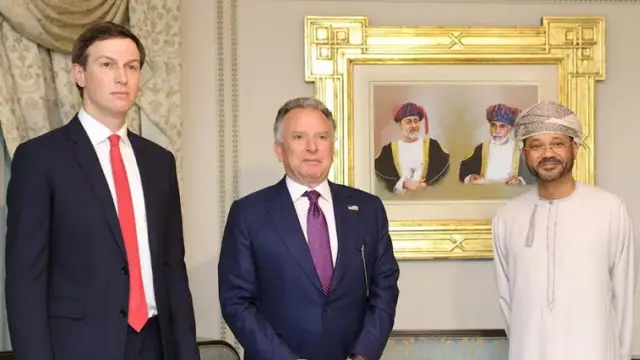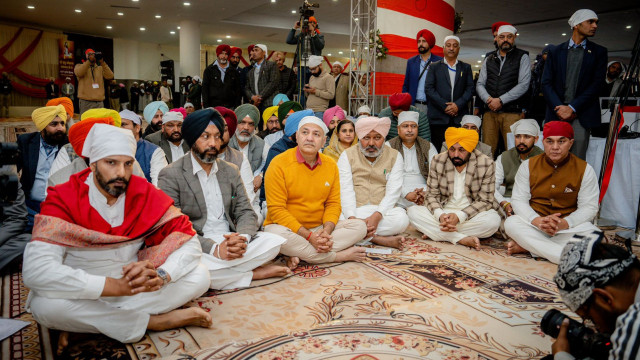SC Raises Alarm on Social Media Hate Speech, Calls for Strict Action
The Supreme Court of India voiced grave concerns over the rampant spread of hate speech on social media platforms, warning that attempts to justify such content under the guise of freedom of expression pose a serious threat to society.

The Supreme Court of India raised serious concerns about the proliferation of hate speech on social media platforms during a public interest litigation hearing. The bench, led by Chief Justice DY Chandrachud, warned that invoking freedom of expression to justify divisive and inflammatory content is a dangerous trend that threatens societal harmony. The court’s remarks come amid a surge in online vitriol targeting religious, caste, and political groups.
Supreme Court Social Media Hate Speech
The court criticized the tendency to shield hate speech under the guise of constitutional free speech rights, calling it a “perversion” of Article 19(1)(a). Chief Justice Chandrachud noted that social media’s anonymity and reach amplify harmful narratives, often inciting violence or discrimination. “Freedom of expression is not a license to spread hatred,” the bench stated, urging accountability for content that disrupts public order or communal peace. The observation follows recent incidents of online campaigns fueling division in India.
SC Concerned over Hate Speech Boom
While advocating for stringent action against hate speech, the Supreme Court emphasized the need to protect legitimate free speech. The bench cautioned against overly restrictive measures that could stifle dissent or creative expression, urging lawmakers and platforms to adopt a balanced approach. Suggestions included stricter content moderation by social media companies and amending laws like Section 153A of the IPC to address digital hate more effectively without curbing fundamental rights.
Social Media Hate Speech
The court directed the Centre and state governments to submit affidavits detailing existing mechanisms to curb hate speech and their effectiveness. It also sought inputs from tech giants on their content moderation policies. The case, initiated by a PIL filed by advocate Prashant Bhushan, highlights the urgency of regulating online platforms while preserving democratic values.





